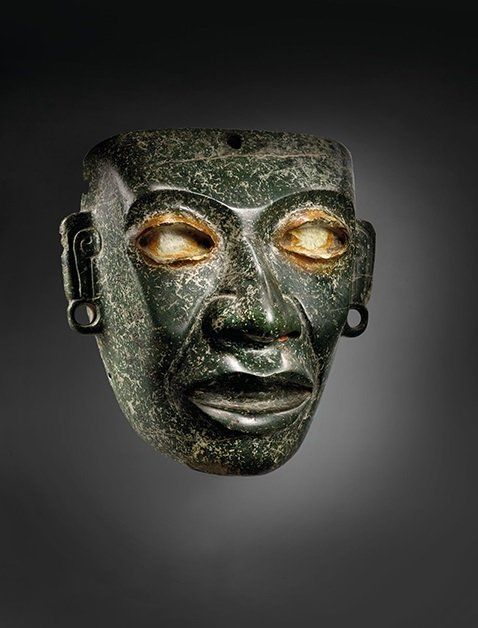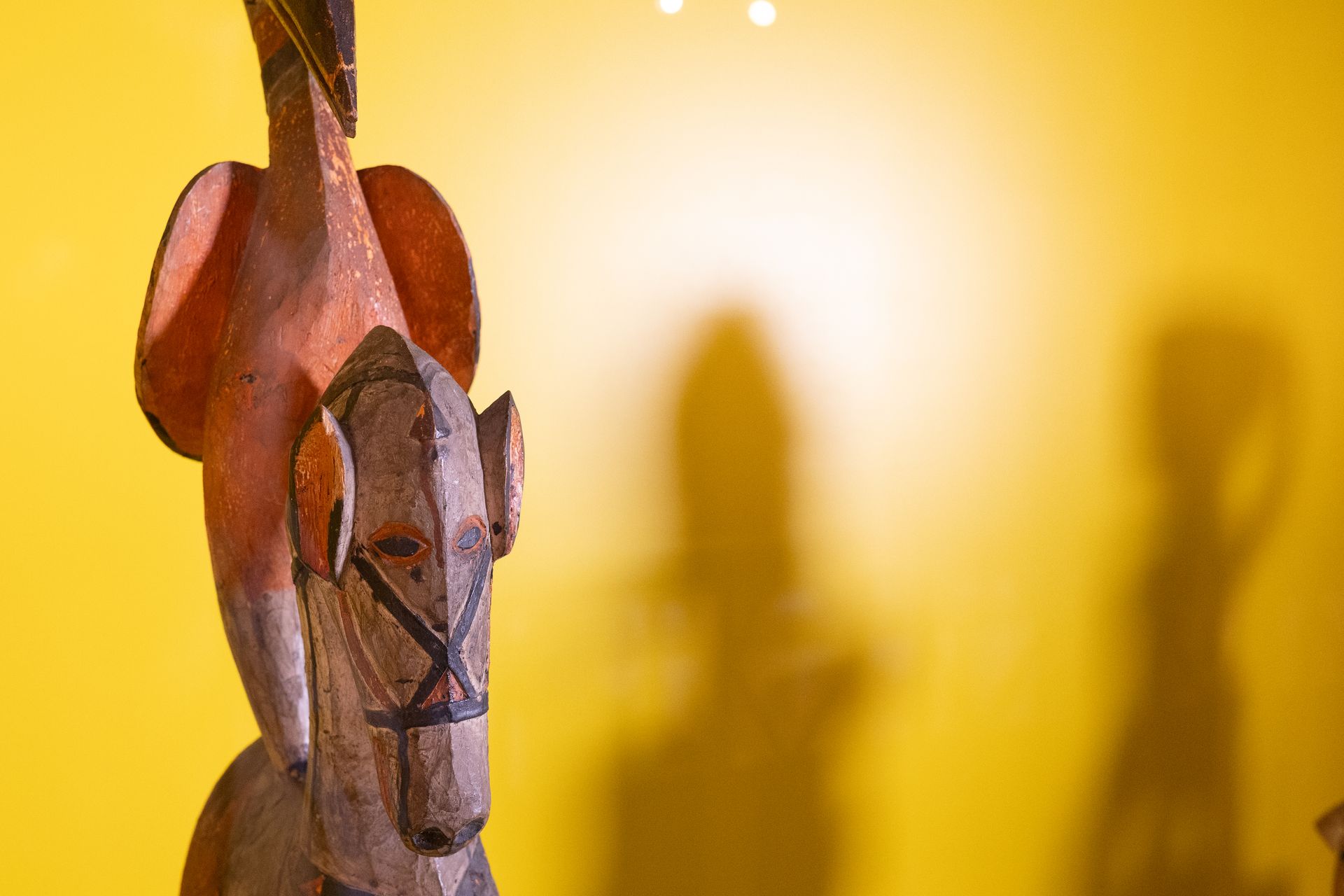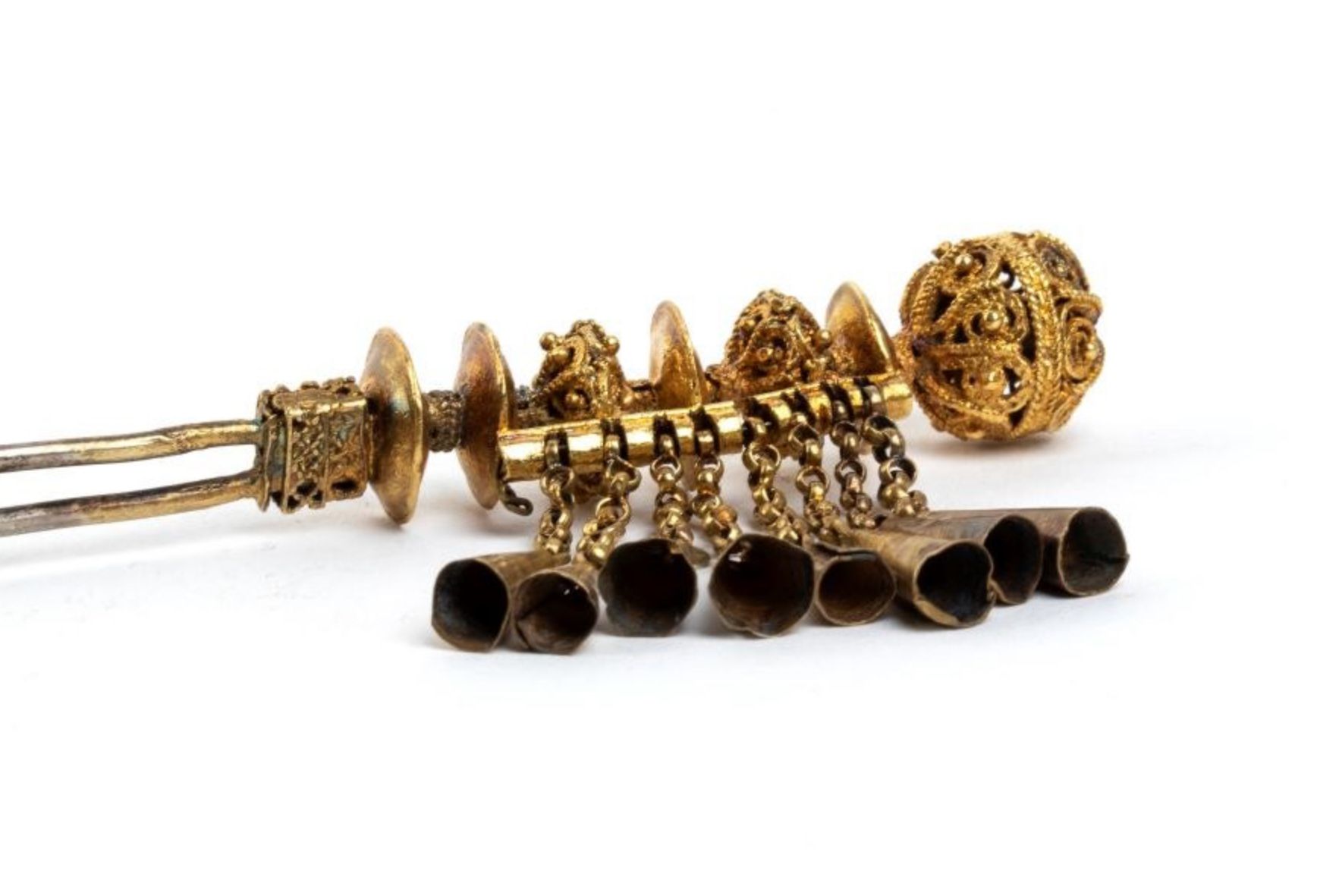Cultural Restitution
SHARE ARTICLE
Mexico is taking further steps to recover their nation's cultural heritage, demanding that a Paris auction house halts the sale of thirty pre-Hispanic objects planned for next week.
They’ve also questioned the authenticity of three other items in the sale, including the auction’s star lot, a Teotihuacán stone mask, expected to sell for between €350,000 and €550,000.
Last week, Mexico’s National Institute for Anthropology and History (Instituto Nacional de Antropología e Historia) filed a complaint with the Mexican attorney general’s office, requesting state support to recover 30 objects of Aztec, Mayan, Mixtec and Toltec origins from an auction of 40 lots taking place at Christie’s, Paris next Tuesday (9 February).
All thirty objects “do seem to meet conditions to prove their belonging to the original peoples of our territory that flourished before the arrival of European cultures”, claimed Diego Prieto, director of the Institute.
“The archaeological assets of our country are the property of the nation,” continued Prieto. “They are beyond any act of commerce”.
Raising most concern, however, is Prieto’s claim that three other objects in the auction, all from the same European private collection, are fake. These include a mask and carved stone bowl from Xochipala and the Teotihuacán serpentine mask of rich green colour, circa 450-650 AD, once owned by the New York art dealer Pierre Matisse (Lot 23). The youngest son of artist Henri Matisse, Pierre had inherited his father’s love of African, Oceanic and pre-Columbian art and had purchased this stone mask in 1938, holding on to it until his death in 1954.
Stone masks produced between 150 BC and 700 AD at the pre-Columbian city of Teotihuacán have been prized by collectors since the 19th century for their abstract, stylised features. They've also been widely faked.
Speaking at an online news conference, Prieto dismissed the mask’s authenticity saying, “We would never ask this work to be returned, because we know it is not of ancient manufacture. It is likely the work of an expert Mexican hand, but dates from not too long ago”.
A Christie’s spokesperson said the auction house has “not been provided with any evidence that would challenge the lawfulness of the sale”. They have no plans to withdraw the mask or any of the other items that Mexico would like to see returned.
Mexico has had only limited success recovering items of national patrimony. In September 2019, we reported their failure to stop the sale of 120 religious and cultural pre-Columbian objects sold at another Paris auction house, Millon at Drouot.
Photo: Teotihuacán stone mask, circa 450-650 AD
Courtesy of Christies Images Ltd 2021
After this was written......
In the end, concerns from Mexico that 30 objects in this auction had been removed illegally didn't seem to put off buyers. No lots were withdrawn before the auction and many sold within or above estimate to collectors on the telephone from Asia, the USA and Europe. Questions about the authenticity of the Teotihuacán mask from the Pierre Matisse collection may have dampened some enthusiasm, though it still sold at the low end of the auctioneer's estimate for €437,500 (incl. premium). The other featured lot, a statue of the 'Divine Woman' known as a Cihuateotl from Veracruz, Mexico sold for €500,000 (incl. premium) against an estimate of €600-900,000.
More News




